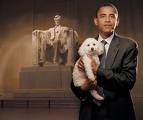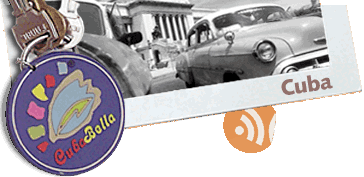Dialogue speeds up to break neck pace between US and CUBA
Cuba ready to send prisoners to USA with families in exchange for the Miami five
For what would appear like a thawing in dialogue and a possible opening of meaningful and constructive dialogue both nations, for the first time in President Raul Castro’s presidency, direct exchanges have begun after Obama took the lead in a recent message to Cuba.
Cuba is open to talks with the United States about “everything” including political prisoners, President Raul Castro said on Thursday, a major softening of the communist island’s stance toward its long-term foe.
“We have sent messages to the U.S. government in private and in public that we are willing to discuss everything, whenever they want,” Castro said in an impassioned speech to a meeting of leftist leaders in Venezuela on the anniversary of a failed U.S.-led invasion of Cuba in 1961.
“Human rights, press freedom, political prisoners, everything, everything, everything they want to talk about,” he said, only insisting that the talks be on equal terms and without challenging Cuba’s sovereignty.
Cuba is said to have about 200 political prisoners, whom it considers mercenaries for the United States. It also severely limits freedom of expression, puts limits foreign travel by its citizens and does not hold multi-party elections.
Castro has taken some steps to open up Cuba’s economy since replacing his brother Fidel Castro as the leader of Cuba in 2008 after nearly five decades.
His comments follow the decision this week by U.S. President Barack Obama to lift restrictions on Cuban Americans’ travel to the island and let U.S. firms bid for telecommunications licenses.
Obama said on Thursday there were a range of steps Cuba could take to recast relations between the two countries, which have been virtually frozen in the decades since Cuba’s 1959 Revolution.
“My guidepost in U.S.-Cuba policy is going to be how can we encourage Cuba to be respectful of the rights of its people, freedom of political speech, political participation, freedom of religion, freedom of the press, freedom of travel,” he said during a news conference in Mexico.
The United States still imposes an economic blockade against Cuba and prevents most of its citizens from visiting the island 90 miles (145 km) from Florida’s coast.
Cuba accuses Washington of imperial behavior and frequently points out that the U.S. record on human rights is far from perfect.
In April 1961, the United States organized an invasion by Cuban exiles who attacked the island’s Bay of Pigs beach in an attempt to overthrow Fidel Castro, only to be defeated by Cuban forces.
Cuban leaders have spoken well of Obama and expressed openness to dialogue, but eschewed the idea of U.S.-mandated preconditions on what they consider domestic issues.




